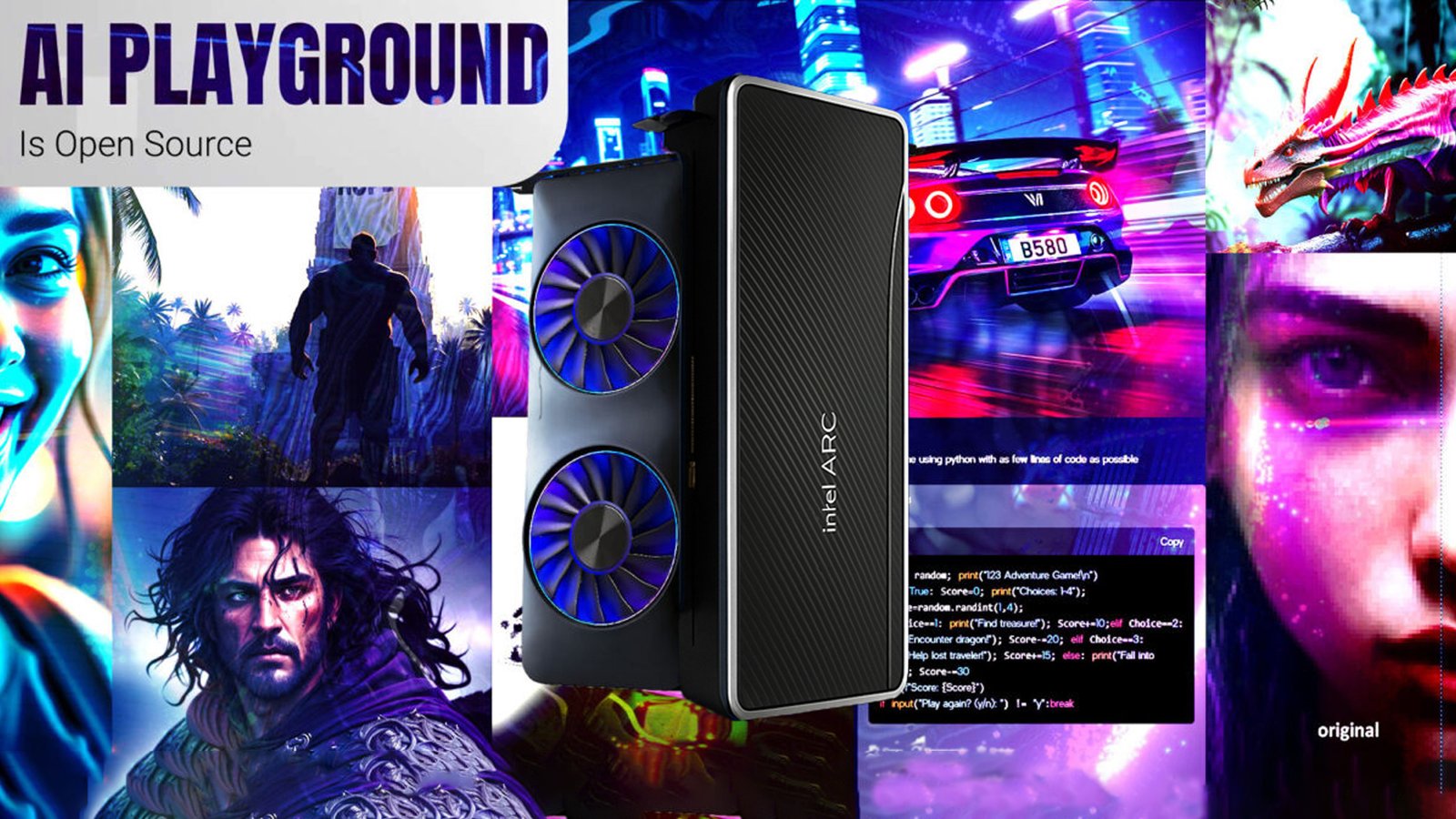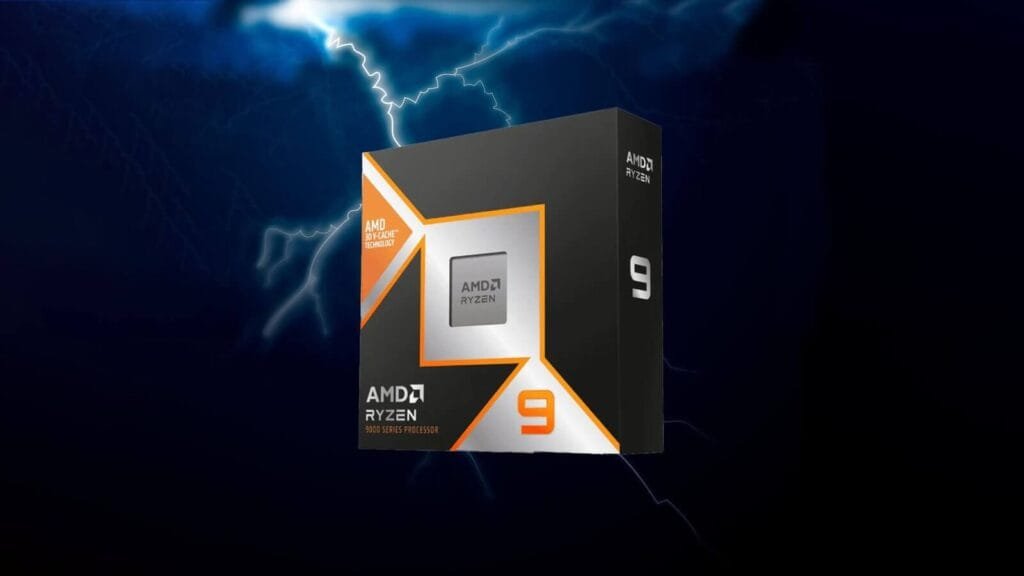The race to accelerate generative AI performance on consumer hardware is intensifying, as AMD and Intel both announced significant developments aimed at expanding access and performance for AI workloads across GPUs and AI-enabled CPUs.
AMD has unveiled a new initiative in collaboration with Tensorstack and Stability.AI to optimize generative AI models for its latest consumer-grade hardware. The company is focusing on enhancing performance for its Radeon RX 9070 GPUs and the Ryzen AI (MAX) series processors, signaling a commitment to making high efficiency AI processing more accessible to mainstream users.
The effort centers around finely tuned models capable of accelerating a wide array of AI-driven tasks, from image generation to natural language processing. This marks a notable move by AMD to solidify its presence in the rapidly growing space of consumer based AI acceleration, traditionally dominated by NVIDIA.
Intel AI Playground Goes Open Source
Not to be outdone, Intel has also made headlines with a major update to its AI Playground, a toolset initially developed for its Arc GPUs including integrated variants like Meteor Lake, Lunar Lake, and Arrow Lake.
The AI Playground stands out for its versatility. Unlike traditional image generation tools, Intel describes the platform as a comprehensive “AI HUB,” capable of supporting both image diffusion models and large language models (LLMs). With this tool, users can generate images, engage in AI-assisted chat, and even explore video generation all directly on Intel hardware.
What makes this announcement particularly notable is Intel’s decision to open-source the AI Playground. According to Guy Tamir, Intel’s tech evangelist and director of oneAPI, developers can now download, modify, and contribute to the platform, accelerating community driven innovation and integration across hardware platforms. While currently limited to Intel GPUs, this open-source shift may pave the way for cross vendor support in the future.
Model Support on Intel AI Playground (Not Full List):
Image Diffusion Models:
Stable Diffusion 1.5
SDXL
Flux.1-Schnell
LTX-Video
LLMs (Safetensor PyTorch):
DeepSeek R1 models
Phi3
Qwen2
Mistral
LLMs (GGUF via OpenVINO):
Llama 3.1
Llama 3.2
TinyLlama
Mistral 7B
Phi3 mini
Phi3.5 mini
Intel’s growing library of supported models combined with its commitment to open-source development presents an exciting step forward for developers and researchers working with generative AI.
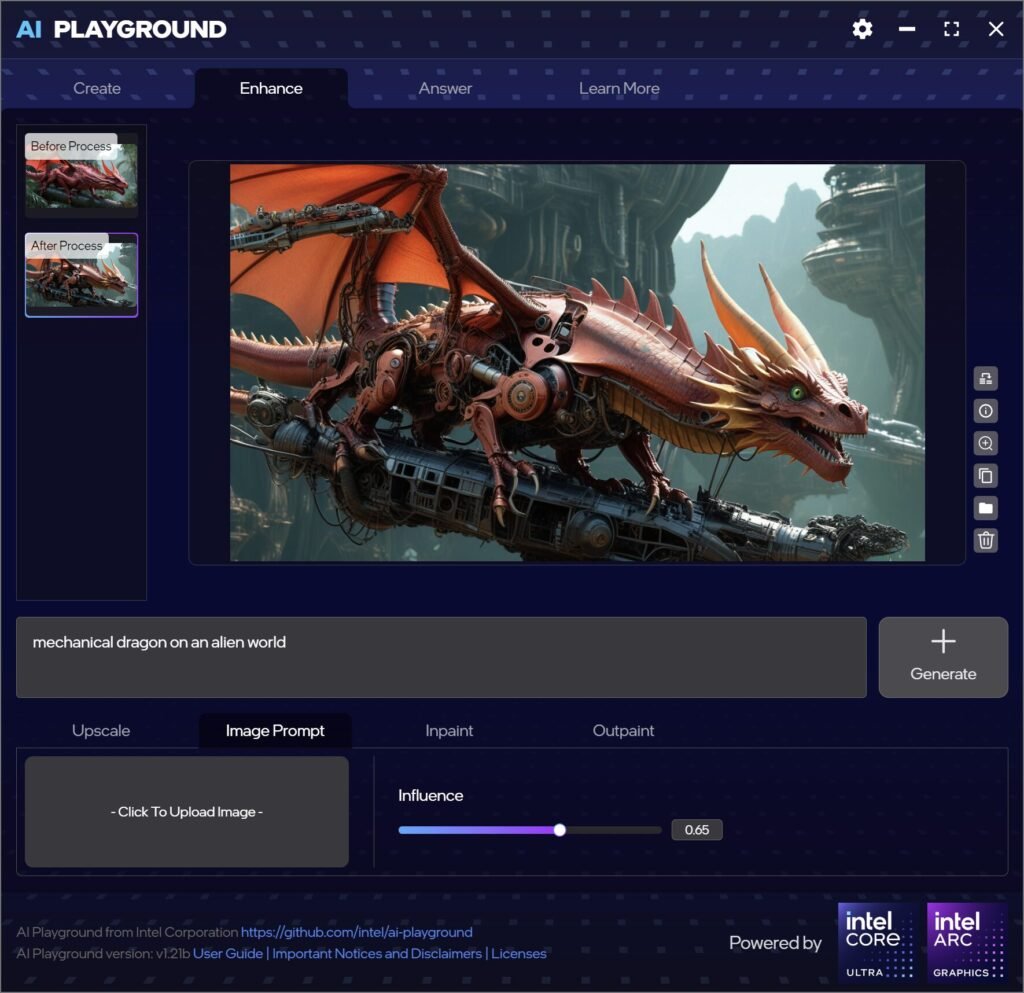
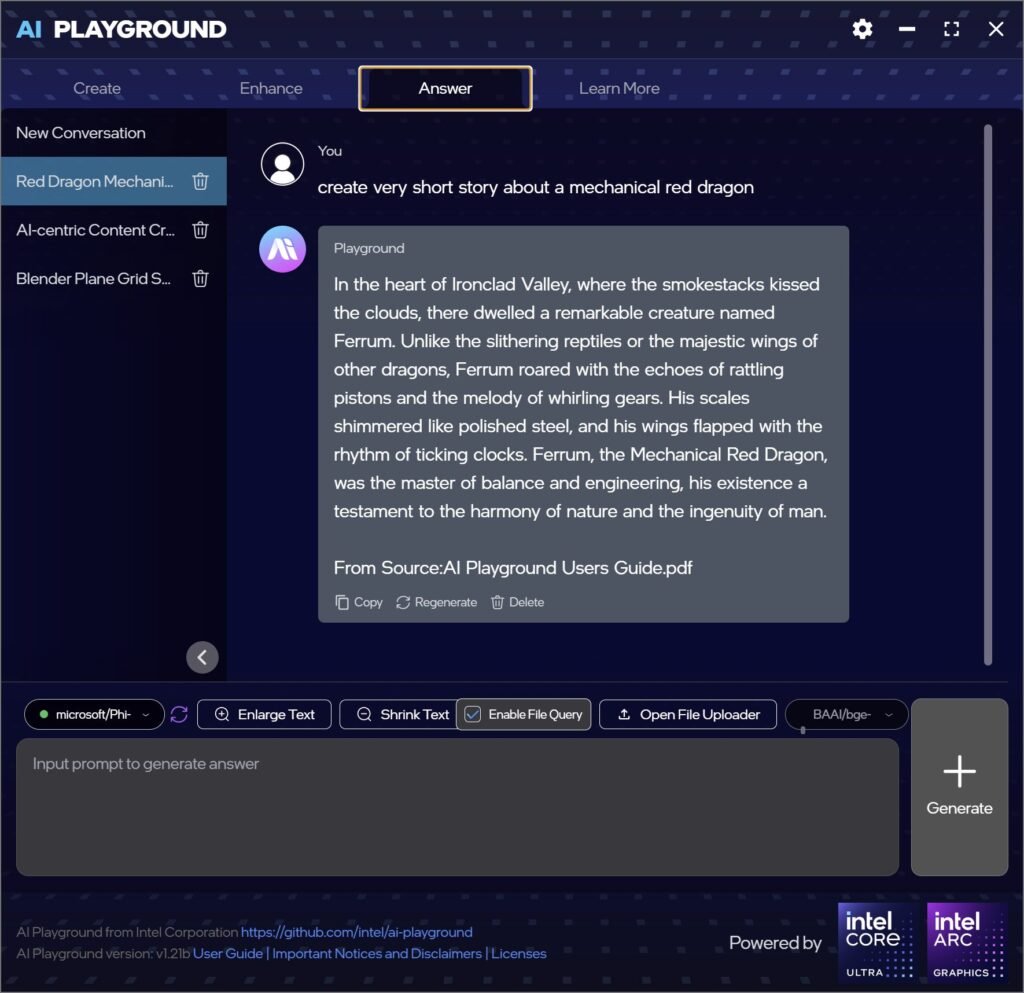
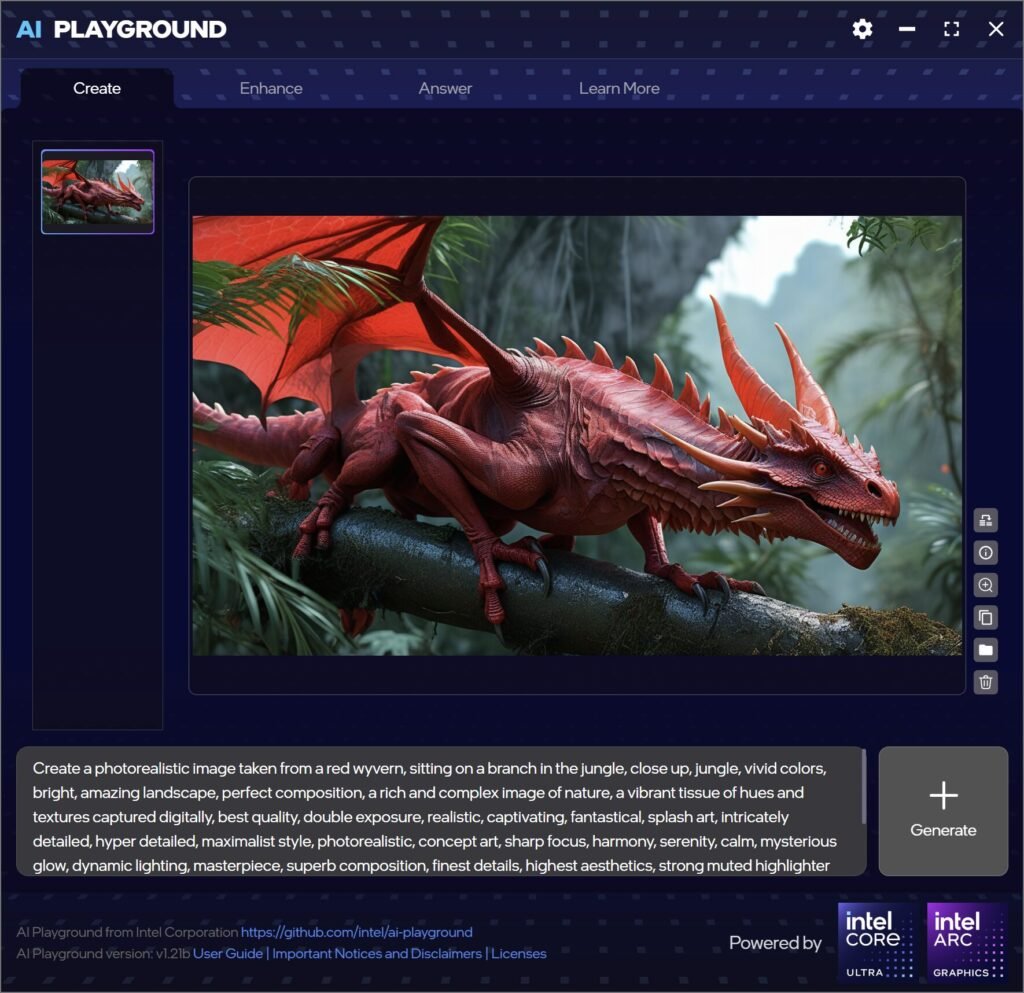
Despite this momentum, Intel has yet to deliver on its promise to open-source its XeSS (Xe Super Sampling) technology. While the company has publicly committed to open-sourcing the original version of XeSS, it remains closed-source—leaving some developers skeptical about future access.
As generative AI continues to reshape computing, both AMD and Intel are positioning themselves as leaders in accessible, consumer-friendly AI acceleration. AMD’s focus on partnerships and performance optimization, and Intel’s growing commitment to open-source ecosystems, represent two complementary strategies for driving innovation in the AI space.

